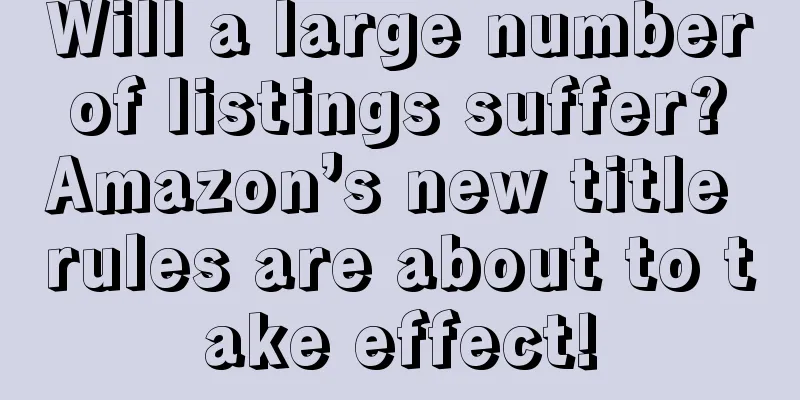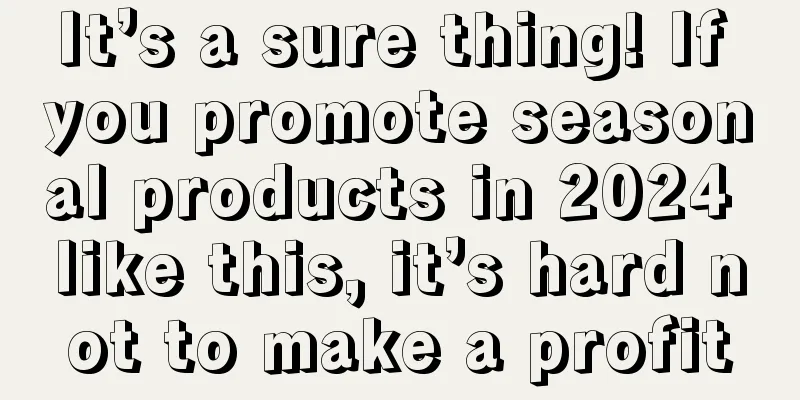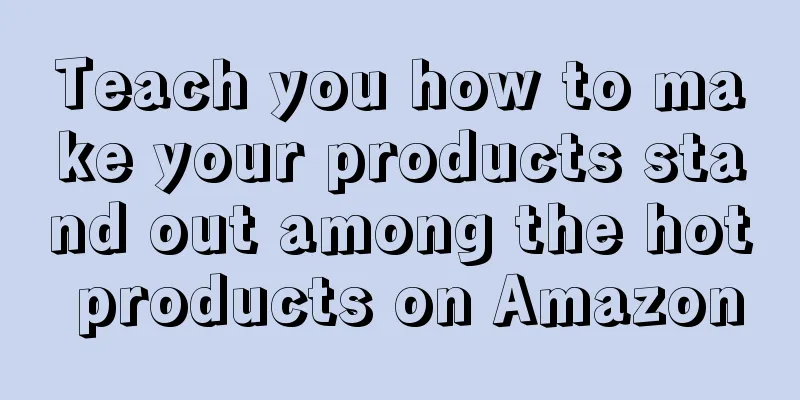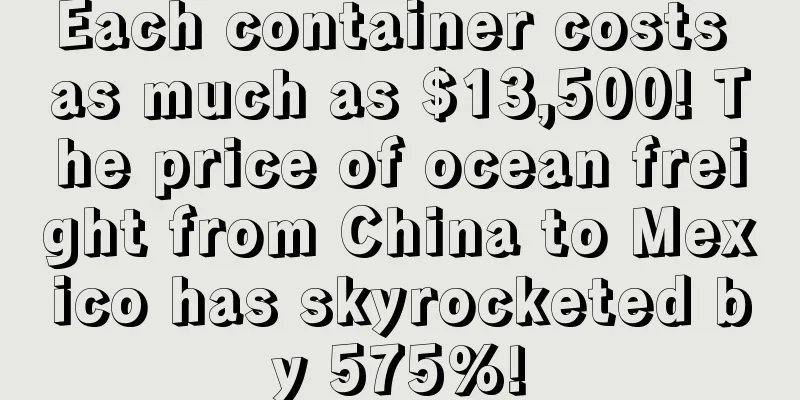Will a large number of listings suffer? Amazon’s new title rules are about to take effect!

|
The latest news is that Amazon US has officially released an important announcement to update its product title policy. This policy adjustment is scheduled to take effect on January 21, 2025, and all product name changes must comply with the updated policy. The latest updated requirements for product title compliance are as follows: ❌For most product categories, titles must be no longer than 200 characters (including spaces) This means that sellers need to streamline product titles and ensure that the product names provided are more concise and clear so that they can be more conducive to buyer searches. ❌ Titles must not use the following special characters: !, $, ?, _, {, }, ^, ¬, ¦. Other special characters, such as ~, #, <, >, and *, are allowed only in certain contexts, so sellers must avoid using these symbols when creating product titles. ❌ Product titles should not have repeated words. This excludes prepositions, articles, and conjunctions. This is very important. For example, “Baby Girl Shoes Baby Girl Fall Shoes” is obviously not in compliance with the specification because “Baby Girl” appears repeatedly. 🔴 14-day modification period: Brand owners will have 14 days to act on the recommendations, after which Amazon will update the title to comply with their requirements. Some sellers pointed out that if Amazon’s “deadline” is not met, will Amazon use AI to automatically modify non-compliant titles? All I can say is that quite a few sellers have experienced Amazon “tampering” with their titles. It is estimated that 22% of product titles on Amazon currently do not meet the new requirements, and the main reason is "keyword stuffing". If Amazon uses AI to automatically modify these titles , there is a high probability that something like this will appear: The title is messy, cannot accurately reflect the brand value, has semantic errors, etc. Some sellers said that when Amazon used AI to modify titles in the past, it actually reduced the quality of the listings and affected the brand image. Sellers can check whether there are non-compliant titles on the " Manage All Inventory " page and manually adjust them according to the following principles: ① Make sure the title is concise and clear, and remove unnecessary keyword stacking. ②Avoid using the same word more than twice, especially in product feature descriptions. ③Avoid using special characters that do not conform to the standards. For brand owners, Amazon will provide adjustment suggestions for product names that do not meet the requirements in "View Product Information Updates". Sellers should adjust the titles according to the suggestions within 14 days to avoid deviations that may be caused by automatic AI modifications. In addition, during the entire process of adjusting the product name in accordance with policy requirements, the product will remain on sale and sellers can edit the product name, but they must ensure that the changes made are in compliance with the new policy requirements and cannot violate the above regulations. What happens if a product title does not comply with the new policy? 1. Impact on product search display : If the product title does not meet the product name requirements, the title may be automatically corrected by Amazon or will not appear in Amazon's search results. 2. Blocking or removal : For products that seriously violate policies, whose names do not meet requirements and refuse to make corrections, the platform may take measures such as blocking or removal, making it temporarily or permanently impossible for them to be displayed and sold on the platform, directly cutting off the sales channels of the products. It is recommended that all Amazon operators make timely adjustments, comprehensively review the names of existing products, and mark those that do not meet the requirements. Sellers who have long relied on keyword stacking need to adjust their strategies and reposition the title keyword layout. Brand sellers need to take into account brand characteristics and SEO needs while maintaining title specifications. In short, you must pay attention, prepare in advance, and respond reasonably to avoid affecting sales. |
<<: The new interface is coming! Amazon backend is about to change!
>>: Sellers please note! The price shown on Amazon front desk has changed!
Recommend
What is Focus Leading? Focus Leading Review
Nanjing Focus Leading Cloud Computing Technology C...
2023 US Holiday Shopper Study! Which categories are attracting attention during Black Friday and Cyber Monday?
According to the latest LTK Holiday Shopper Study,...
Will you be fined if you don’t reply within 48 hours? Amazon changes its claim mechanism
If we Amazon sellers want to know what customers ...
What is Blue Ocean Yiguan Network? Blue Ocean Yiguan Network Review
Lanhai Yiguan.com is a professional cross-border e...
What is Shopee? Shopee Review
Shopee is the largest e-commerce platform in South...
Amazon has proposed new regulations on shoe size listings. Do you meet the requirements?
Amazon's shoe sellers may have recently recei...
Wayfair announces executive changes, second quarter results look positive
Wayfair recently released its second quarter perfo...
Walmart+ is unstoppable, and the fierce competition with Amazon Prime has just begun
It is learned that according to foreign media repo...
What is Puyuan Cloud ERP? Puyuan Cloud ERP Review
Puyuan Cloud ERP is an online store ERP software u...
What is AutoBot? AutoBot Review
Founded in 2015 by former Alibaba and Oracle emplo...
Starting from scratch, Shopify sellers’ entrepreneurial stories series ④: Fulfilling orders, increasing sales and the final results
[Editor's Note] Sellers, do you want to know ...
Shein denies rumors of IPO in the US, Sino-US relations may be a stumbling block
According to Reuters, a source said Shein may go p...
Amazon has a new feature! This type of seller is laughing...
At the beginning of 2021, Amazon launched a lot of...
Amazon's new policy causes strong dissatisfaction among consumers?
This year, Amazon's traffic is indeed not as ...
What is Royal Logistics? Royal Logistics Review
Shenzhen Royal Logistics Co., Ltd. (PFC EXPRESS) i...









